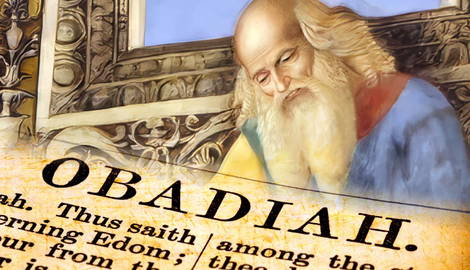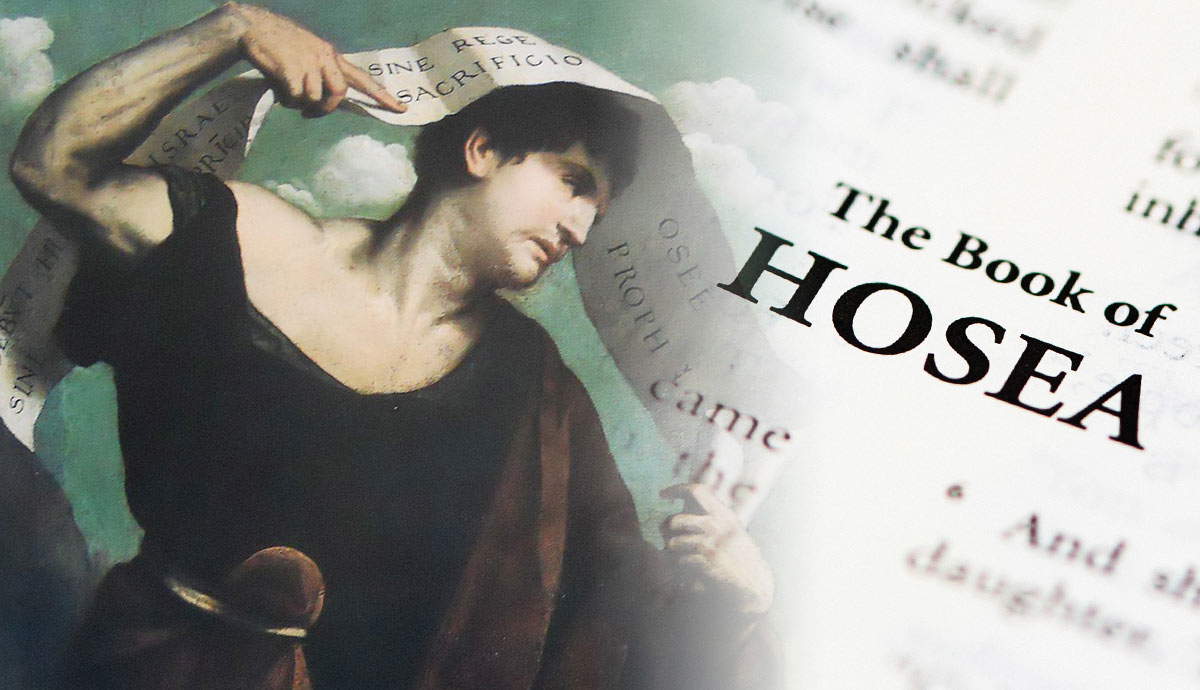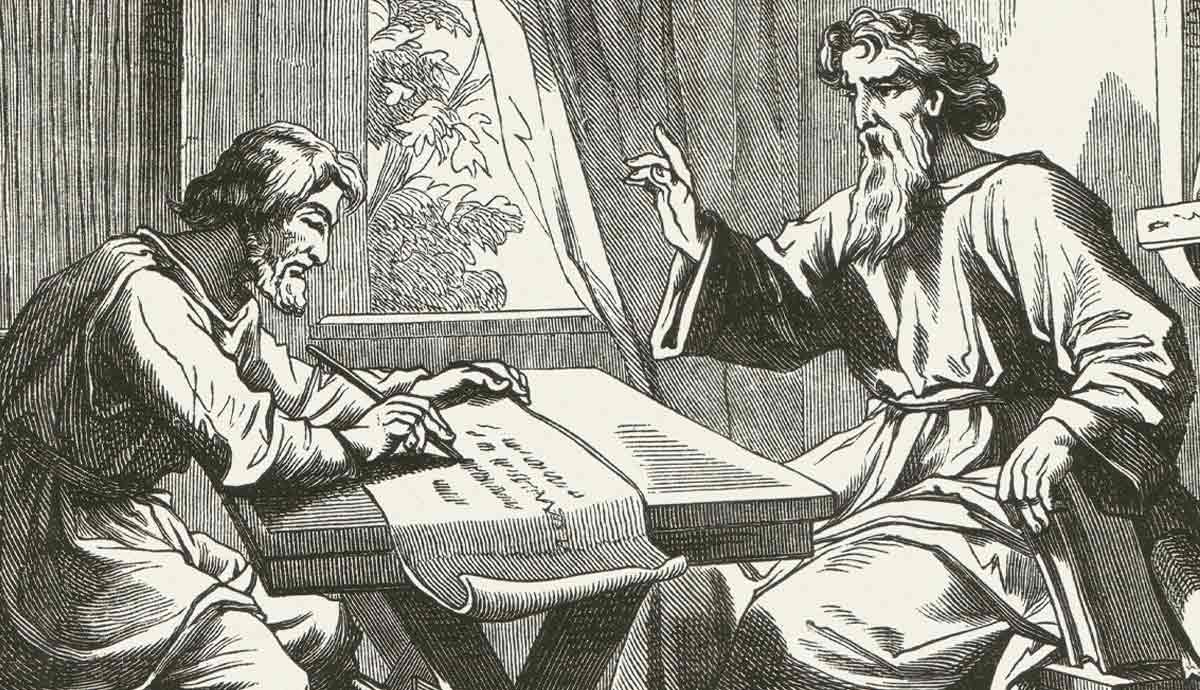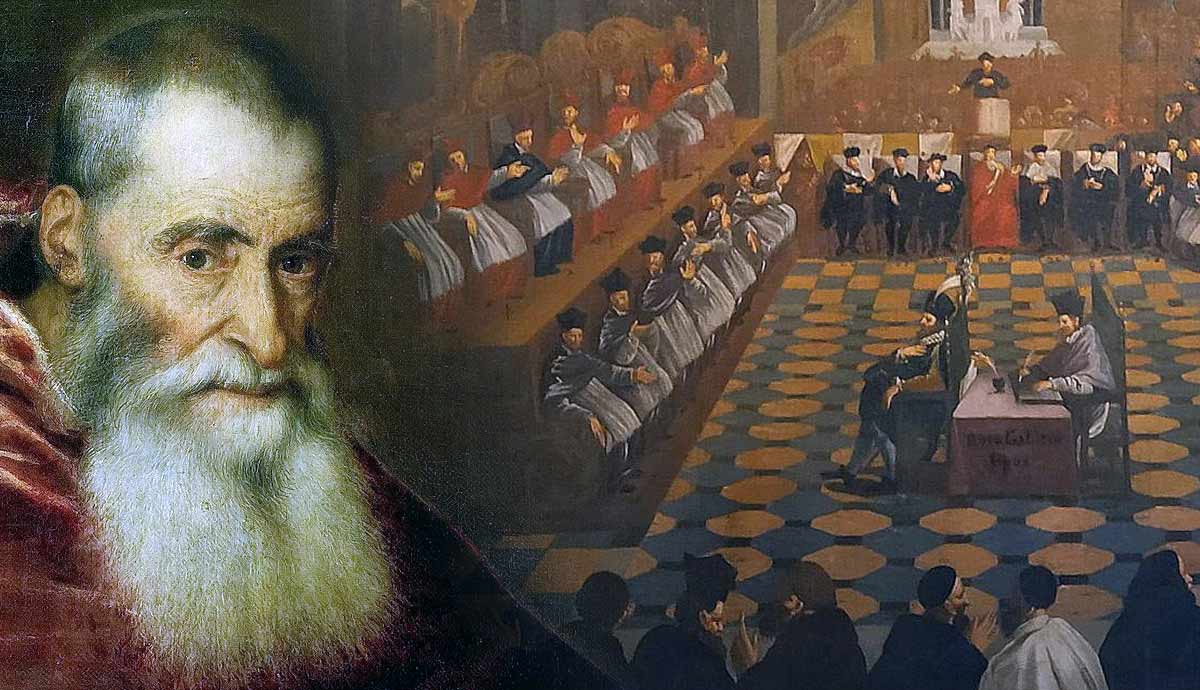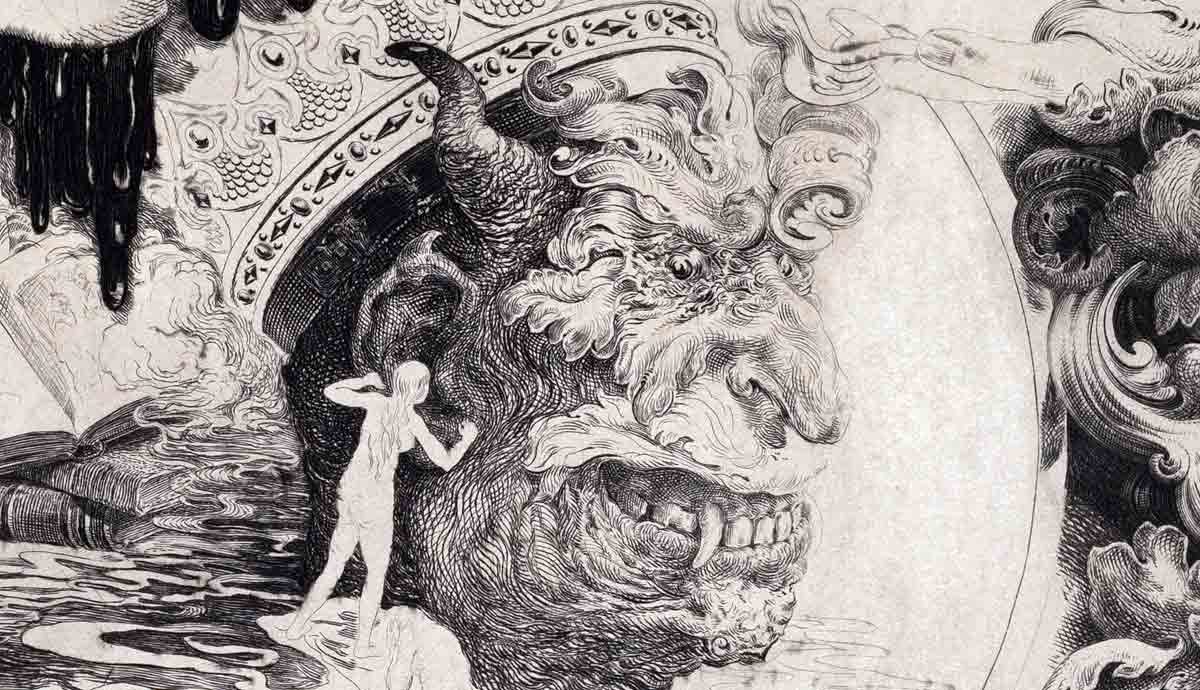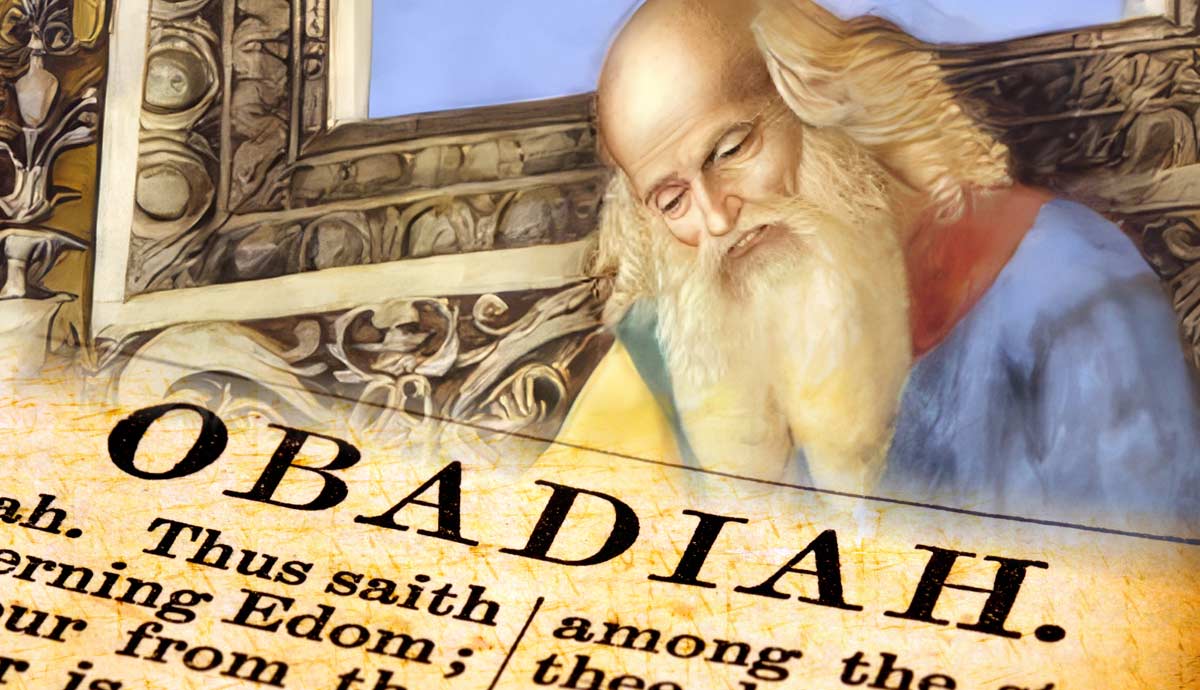
The Book of Obadiah is the shortest of the Minor Prophets, consisting of 670 words in Hebrew and 613 words in the King James Version. It has common ground with the books of Jeremiah and Ezekiel, declaring judgment against Edom. Obadiah focuses on Edom’s gloating about the downfall of Judah and Jerusalem, as well as the looting of the city, and the handing over of its people to the Babylonians. Obadiah speaks of the day of the Lord in which God will judge the nations and restore Israel.
Book of Obadiah: Authorship and Date

Obadiah is one of the most enigmatic prophets in the Bible. Except for his name, the book provides no biographical information about him. The name Obadiah seems to have been a common name at the time. The Book of Obadiah reveals nothing about the prophet’s background or calling. Obadiah means “servant of the Lord” or “worshiper of the Lord.” Eleven other individuals in the Old Testament have the name Obadiah, yet no scholar has identified one of them as the prophet referred to in this book.
Some scholars argue for an early date, believing the rebellion of Edom against Judah is in view here. The events would then date to the reign of Jeroboam I during the 9th century BCE. However, it is not as good a fit for the descriptions in Obadiah.
Obadiah 1:11-14 best describes the fall of Jerusalem to the Babylonians. If this date is accepted, he prophesied in the 6th century BCE shortly before and during the fall of Jerusalem. That would make Obadiah a contemporary of Jeremiah and explain the similarities between Obadiah 1:1-6 and Jeremiah 49:9-10,14-16. These similarities are so striking that some scholars claim there may have been interdependence between Obadiah and Jeremiah. An alternative explanation would be common dependence on a third source.
Historical Context

The monarchy of Israel under Solomon split shortly after his death. The Northern ten tribes of the Kingdom of Israel soon fell into idolatry, and even before their exile by the Assyrians, prophets warned of the exile of Judah if they did not repent from their wicked ways. Judah had some kings who supported and encouraged idolatry, while others, like Josiah, attempted to eradicate the practice in Judah. After Josiah’s death at the hand of King Necho, Judah went into rapid decline. In 587 BCE, Jerusalem fell to the Babylonians, and many of the people of the Kingdom of Judah went into exile to Babylon.
Israel’s neighbor, Edom, relished in the decline and downfall of Judah. There was a long history of enmity between the two nations, traceable to their origins. The Israelites were the sons of Jacob, while the Edomites were the descendants of Esau. The nations were distant relatives, and now the Edomites gloated about and even looted the spoils from fallen Jerusalem.
The Edomites lived in mountainous areas and believed their cities were impenetrable. They relied on their mountain strongholds for safety and security, which was a fair assessment from a human perspective. Obadiah 1:3-4 describes the pride they had in their invincibility. This sets the stage for Obadiah’s message that their downfall will be by divine design.
Structure

Introduction (Obadiah 1:1a)
The first verse introduces the theme of the Book of Obadiah and identifies the prophet. It states that he received a vision concerning Edom, which the rest of the chapter elaborates on.
Judgment on Edom (Obadiah 1:1b-9)
Obadiah pronounces divine judgment on Edom for their pride, arrogance, and betrayal. He declares that God will destroy them for their sins.
Reasons for Edom’s Judgment (Obadiah 1:10-14)
The prophet provides three additional reasons for Edom’s destruction: their violence against Israel, particularly during the Babylonian onslaught on Jerusalem, participating in and celebrating Israel’s destruction, and the betrayal of the Israelites by plundering the fallen Jerusalem.
Retribution in the day of the Lord (Obadiah 1:15-16)
Retribution for their action will come when Edom is among the nations that will face judgment on the day of the Lord. What they have done to Israel will be done to them.
Restoration of Israel (Judah) (Obadiah 1:17-21)
The Book of Obadiah ends on a positive note when the prophet foretells the restoration of Israel (Judah) and its expansion into the territory of Edom. It culminates in a vision of the Kingdom of God, where he reigns over all nations.
Main Themes

Divine judgment
The Book of Obadiah highlights the idea that God is aware of all the injustices that occur and will call the offenders to account. It shows his sovereignty over all nations since they will be answerable to him.
Pride of the nations
The book shows how nations deceive themselves through their pride, which results in their eventual downfall and destruction. Edom was particularly guilty of this sin which the Bible presents as the original sin of Satan.
The consequences of betrayal
Edom betrayed their distant kin. They even looted their fallen city and handed them over to their conquerors. Reminiscent of the eye for an eye principle, what they have done to Israel will be done to them.
The Day of the Lord
Obadiah, like Joel, Amos, Zephaniah, and Malachi, speaks of judgment using the term “day of the Lord” as a reference to their impending reckoning. Though Edom is the focus in Obadiah, the day of the Lord is a day of reckoning for all nations.
Restoration
The promise of restoration would bring hope for the people of the Kingdom of Judah, whether they were left behind in the promised land or taken into exile to Babylon. They were unlikely to see the restoration but could hold on to the promise of recovery from the destruction they saw.
Key Passages

Obadiah 1:3-4
“The pride of your heart has deceived you, you who live in the clefts of the rock, in your lofty dwelling, who say in your heart, “Who will bring me down to the ground?” Though you soar aloft like the eagle, though your nest is set among the stars, from there I will bring you down, declares the LORD.”
The charge against Edom and the result thereof are strikingly like the sin of Satan that caused his ejection from heaven. He was prideful and had to be brought down (Isaiah 14:12-15, Ezekiel 28:12-19).
Obadiah 1:10-14
“Because of the violence done to your brother Jacob, shame shall cover you, and you shall be cut off forever. On the day that you stood aloof, on the day that strangers carried off his wealth and foreigners entered his gates and cast lots for Jerusalem, you were like one of them. But do not gloat over the day of your brother in the day of his misfortune; do not rejoice over the people of Judah in the day of their ruin; do not boast in the day of distress. Do not enter the gate of my people in the day of their calamity; do not gloat over his disaster in the day of his calamity; do not loot his wealth in the day of his calamity. Do not stand at the crossroads to cut off his fugitives; do not hand over his survivors in the day of distress.”
The reference to Jacob as a “brother” highlights the grievousness of the offense of Edom. They betrayed and preyed on their distant kin and prevented some fugitives from escaping their pursuers. The Edomites exploited the calamity their neighbors faced to enrich themselves with spoils.

Obadiah 1:17-18
“But in Mount Zion there shall be those who escape, and it shall be holy, and the house of Jacob shall possess their own possessions. The house of Jacob shall be a fire, and the house of Joseph a flame, and the house of Esau stubble; they shall burn them and consume them, and there shall be no survivor for the house of Esau, for the LORD has spoken.”
Obadiah vividly describes how the fortunes of Judah and Edom will change. Judah who was devastated and exiled will be restored and prosper, while Edom, who benefited from their destruction and enriched themselves will be destroyed and turned to stubble.
Contemporary Relevance

The Book of Obadiah is a stark reminder of the danger of being arrogant and filled with pride. It warns against betrayal and gloating about other’s calamities. The wheel turns in every age and today, just as in Obadiah’s day, how we react to the suffering of others may come back to haunt us.
Arguably the most poignant contemporary application of Obadiah would be to look at the exploitation of poor countries devastated by war, famine, and other calamities, exploited by rich nations who believe they have security in their political and military might. For Christians, irrespective of physical, political, or ecclesiastical power and influence, all will be judged by God on the day of the Lord.
